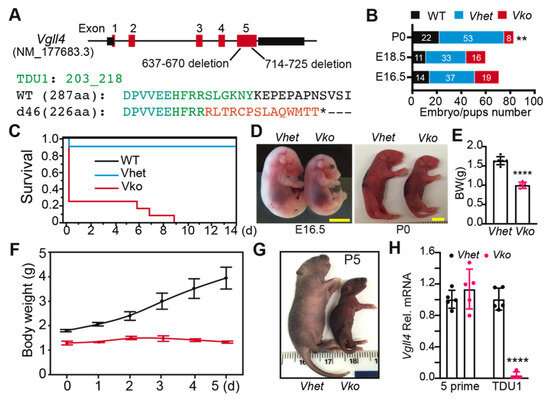
A new study led by the Masonic Medical Research Institute published in the journal Cells shows for the first time that a particular gene, called VGLL4, is required for embryo development but is dispensable for myocardial growth. This fact was previously unknown, and with this discovery, medical researchers now have useful new information about heart cell development.
Congenital heart disease is one of the leading causes of pediatric morbidity and mortality, which is why it is important to decipher the molecular mechanisms that control heart development. Cardiovascular development has become a crucial element of understanding congenital heart diseases, and the more we know about this, the better we can treat heart malformations.
“Vestigial like family member 4” is a protein that is encoded by the VGLL4 gene; this is a transcriptional cofactor of VGLL family, found in many organs and tissues. VGLL4 has been pinpointed to be a tumor suppressor, and it has been thoroughly researched in cancer studies.
To understand the VGLL4 function in the heart, the authors generated two VGLL4 loss-of-function mouse lines: a germline VGLL4 depletion allele and a cardiomyocyte-specific VGLL4 depletion allele. The analysis of the embryos revealed that VGLL4 knockout embryos had reduced body size, malformed tricuspid valves, but normal myocardium and normal heart function.
Source: Read Full Article